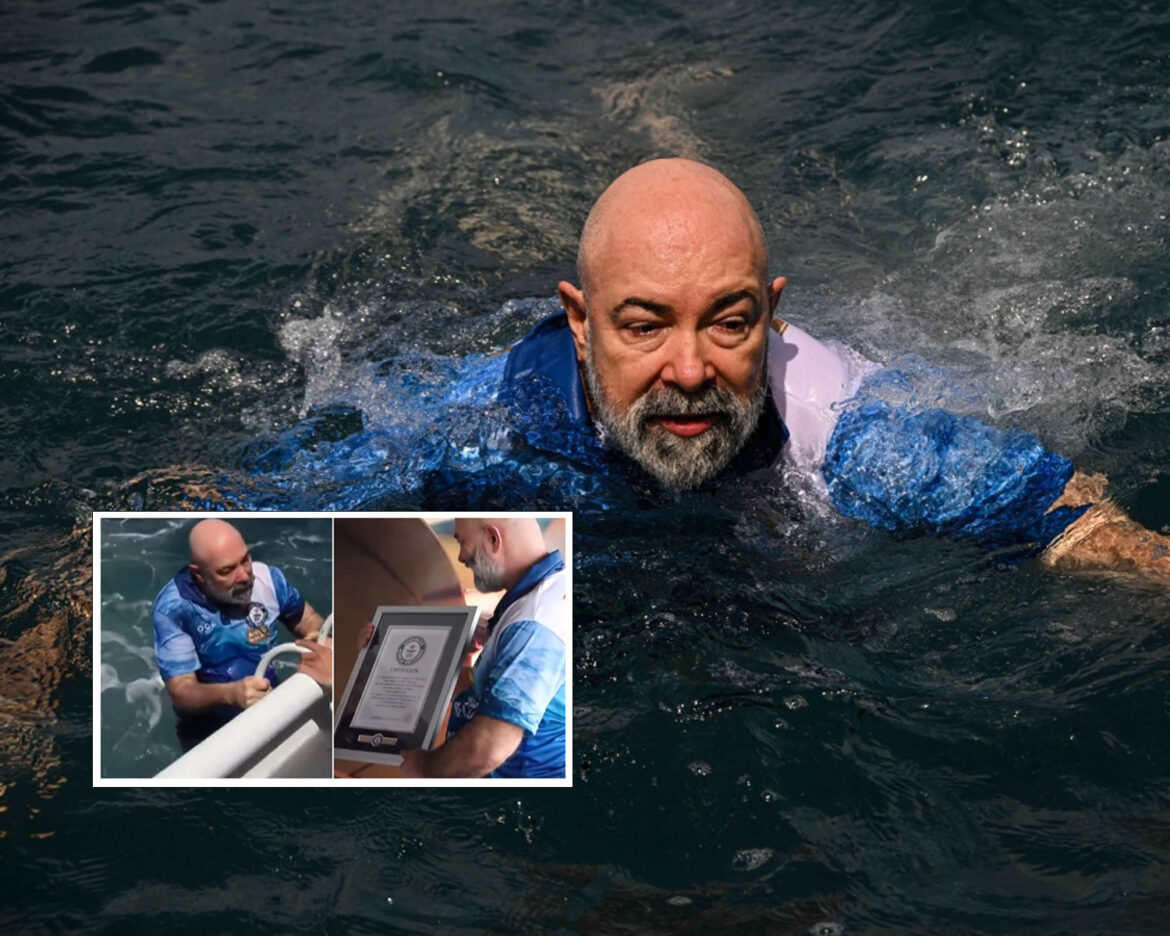A German aerospace engineer has shattered a world record by spending 120 consecutive days underwater, pushing the boundaries of human endurance and scientific exploration. The feat was achieved in a specially designed underwater habitat, where the engineer conducted groundbreaking experiments and studies on the effects of prolonged underwater living.
The underwater habitat, located in a marine research center off the coast of Germany, was equipped with advanced life-support systems and research tools. The record-breaking endeavor aimed to study the physiological and psychological impacts of extended underwater isolation, with potential applications for space exploration, submarine missions, and deep-sea habitats.
During the 120 days, the engineer performed various experiments related to sustainable underwater living, including cultivating algae for oxygen production and growing food in submerged conditions. The mission also served to test equipment that could one day be used in extraterrestrial environments.
The previous record for underwater living was 100 days, set by an American aquanaut. The German engineer’s achievement has sparked global admiration and is being hailed as a milestone in both underwater and aerospace research.
Upon surfacing, the engineer expressed gratitude for the support of the research team and emphasized the importance of collaboration in pushing scientific boundaries. “This mission proves that the human spirit and ingenuity can adapt to any environment,” they said during a press conference.
The achievement is expected to inspire future underwater missions and could pave the way for advancements in space exploration and oceanic research.



